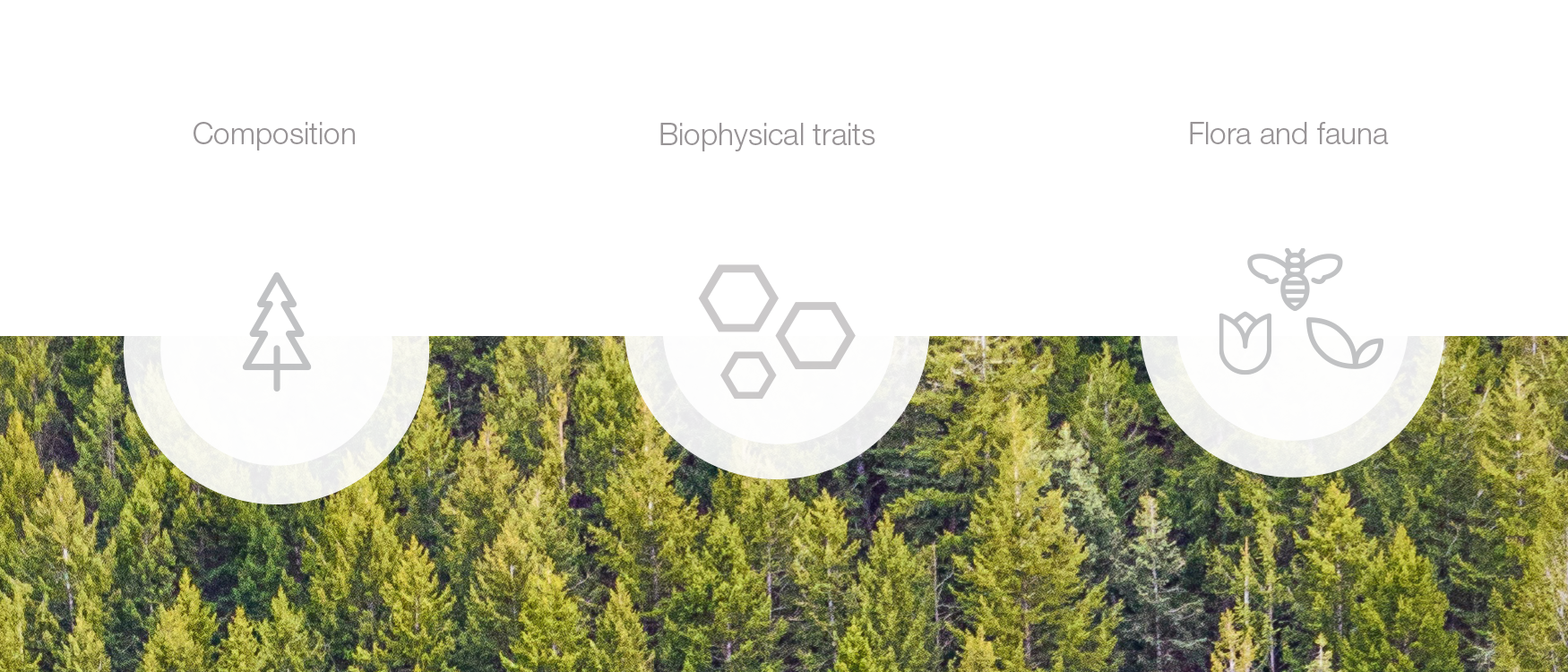Deforestation
At Skretting, we want to ensure we only purchase vegetable ingredients that have been cultivated by farmers who have not contributed to deforestation, protecting sensitive ecosystems and endangered species. In practical terms, this requires our procurement teams to have clear sourcing guidelines, including crieteria on how the plants are cultivated.
Compiling such criteria is not easy. Indeed, defining what is a forest and what is deforestation is complicated. This is because forests come in numerous forms, varying in composition, biophysical characteristics and the diversity of flora and fauna, among many other traits.
In addition, there is zero deforestation and zero net deforestation. Zero deforestation means no forest areas are cleared or converted, while zero net deforestation allows for the clearance or conversion of forests in one area as long as an equal area is replanted elsewhere.
Defining what is a forest and what is deforestation is complicated. Forests are diverse in terms of:

Although many companies are addressing deforestation, corporate policies often tackle more than the activities related to the clearing of forests. They also detail other important elements of production that go beyond deforestation.
For example, they might include no clearing of high conservation value (HCV) areas, respect for indigenous land rights, obtaining free, prior and informed consent from local communities, no use of forced or slave labour and commitment to transparency regarding production practices.
In many cases, some deforestation under certain conditions is also made legal by governments. As a company, this raises the issue of whether we should set our sourcing guidelines higher than the legal bar; and if so, how do we define these requirements?
The challenge is further exacerbated by the numerous practical challenges that would prevent processing value chains from meeting several different criteria.
Another area of contention is how far in the value chain can, and should, Skretting take responsibility and enforce its requirements?
While continued deforestation when alternative options are available is not readily justified by society at large, there is a valid ethical debate questioning why developed countries should be able to ask countries with emerging economies to stop behaviour that developed countries actively participated in centuries before. This is not an easy question to answer.


